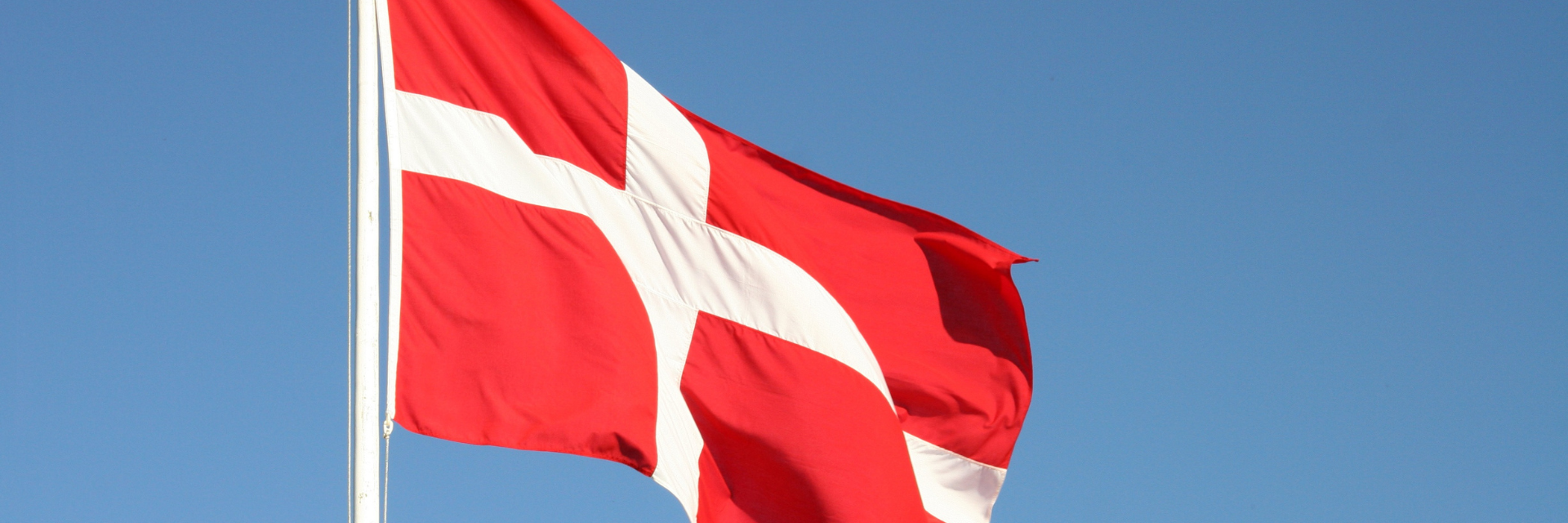Blog by Jose Ernault, Political Consultant for Financial Services & Business
At a recent EPC event in Brussels, Danish Ambassador to the EU Carsten Grønbech-Jensen shared a forward-looking perspective on Denmark’s upcoming EU Presidency. Our Financial Services consultant, Josés Ernault, attended the event and captured the key takeaways.
The Ambassador underscored Denmark’s alignment with the EU’s Security and Competitiveness agenda, while also presenting the green transition and the work on the COP 30 and the European 2040 climate target as a key priority.
With just two weeks to go before the Presidency kicks off, don’t miss this opportunity to get an early look at Denmark’s priorities and read our full summary of the discussion.
Insights from Danish Ambassador to the EU Carsten Grønbech-Jensen on the Upcoming Danish EU Presidency
At a recent EPC event in Brussels, Danish Ambassador to the EU Carsten Grønbech-Jensen offered insights into the priorities and direction of the upcoming Danish EU Presidency.
While there will be continuity with the Polish Presidency on some key issues, it seems the green transition and climate objectives will feature more prominently on the agenda.
The Ambassador framed unpredictability as a defining basis of the current geopolitical and economic context. As such, he underlined that the ability to adapt the Presidency’s programme to evolving developments is essential.
He stressed That the two overarching themes would be: EU Security (I) and Competitiveness (II).
- Security & Defence / Economic Security
- Defence & Ukraine – The Ambassador emphasised a strong consensus among Member States on increasing defence spending, highlighting broad support for the ReARM plan. He referenced the 2030 target outlined in the Commission’s White Paper for European Defence, aiming to make Europe prepared to prevent conflicts. He announced that Denmark is open to discussions on new financing tools for defence, including the possibility of common EU debt to better manage debt liabilities in the EU budget.
He noted that the disengagement of the US from Europe is not new. He highlighted that defence spending targets that were set after the invasion of Crimea by Russia have not been met by all Member States and that the 2% target may be revised upwards at the upcoming NATO Summit. Regarding Ukraine’s EU accession, he expressed hope that negotiations on the first cluster of chapters could be opened during the Danish Presidency.
- Multiannual Financial Framework (MFF) – The Danish Ambassador advocated for an ambitious EU budget, notably to scale up defence spending. While recognising the fiscal constraints facing Member States, he recalled Prime Minister Frederiksen’s announcement that Denmark is not part of the Frugals anymore and will adopt a more flexible stance due to the current geopolitical context.
- Crisis Preparedness – This was presented as a key priority for the Danish Presidency, with Denmark aiming to steer the work on the Niinistö Report. The protection of critical infrastructure, particularly submarine cables, was singled out as a matter of strategic importance. The Ambassador also noted the upcoming EU Stockpiling Strategy.
- Reducing Strategic Dependencies – Denmark supports efforts to reduce Europe’s economic dependencies in areas such as oil, gas, and microchips, while boosting renewable electricity production. Grønbech-Jensen stressed the emerging consensus among Member States on striking a balance between openness to global trade and achieving a degree of strategic autonomy. He endorsed Commission President Ursula von der Leyen’s “de-risking, not decoupling” strategy on China.
- Competitiveness and legal certainty
- Implementation of Letta and Draghi Reports – Denmark will continue to advance the competitiveness agenda, focusing on implementing the recommendations of the Letta and Draghi reports.
- Simplification – The Presidency will prioritise simplification efforts, building on progress made with the Omnibus proposals. In addition to Omnibus looking at existing legislations, Grønbech-Jensen stressed the importance of “future-proofing” upcoming legislation, avoiding creating excessive complexity and legal uncertainty for businesses.
- Internal Market & Energy – Denmark will also address fragmentation within the internal market, with particular attention to energy, investment in energy grids, and improving interconnectivity.
- Capital Markets – Acknowledging limited progress on Capital Markets Union, the Ambassador welcomed recent steps on insolvency. He noted that while political will exists, the complexity of harmonising 27 national systems (e.g. on supervision, insolvency, taxation) explains the inertia. He encouraged Member States to look at models like Denmark, Sweden, and the Netherlands, where “huge” pension funds provide significant institutional investment in the real economy.
Other priorities
- Green Transition – The Polish Ambassador underscored the need to keep the green transition as a top priority, describing it as a crucial enabler of both security and competitiveness. He warned against a stop-and-go approach, emphasising the need for stable and predictable climate targets to maintain investor confidence and legal certainty for businesses.
- 2040 Climate Target – Despite time constraints, Denmark intends to prioritise the work on the upcoming publication of the Commission 2040 Climate Target, particularly in the lead-up to COP30 in November.
- Migration – Grønbech-Jensen noted a near-consensus at the Council on the need for “innovative solutions” to address migration challenges. He referenced ongoing work on the Returns Directive and safe country statutes.
Digital – Although digital policy will not feature as a standalone priority in the Danish Presidency’s programme, it is viewed as a cross-cutting tool relevant to both security and competitiveness challenges.
